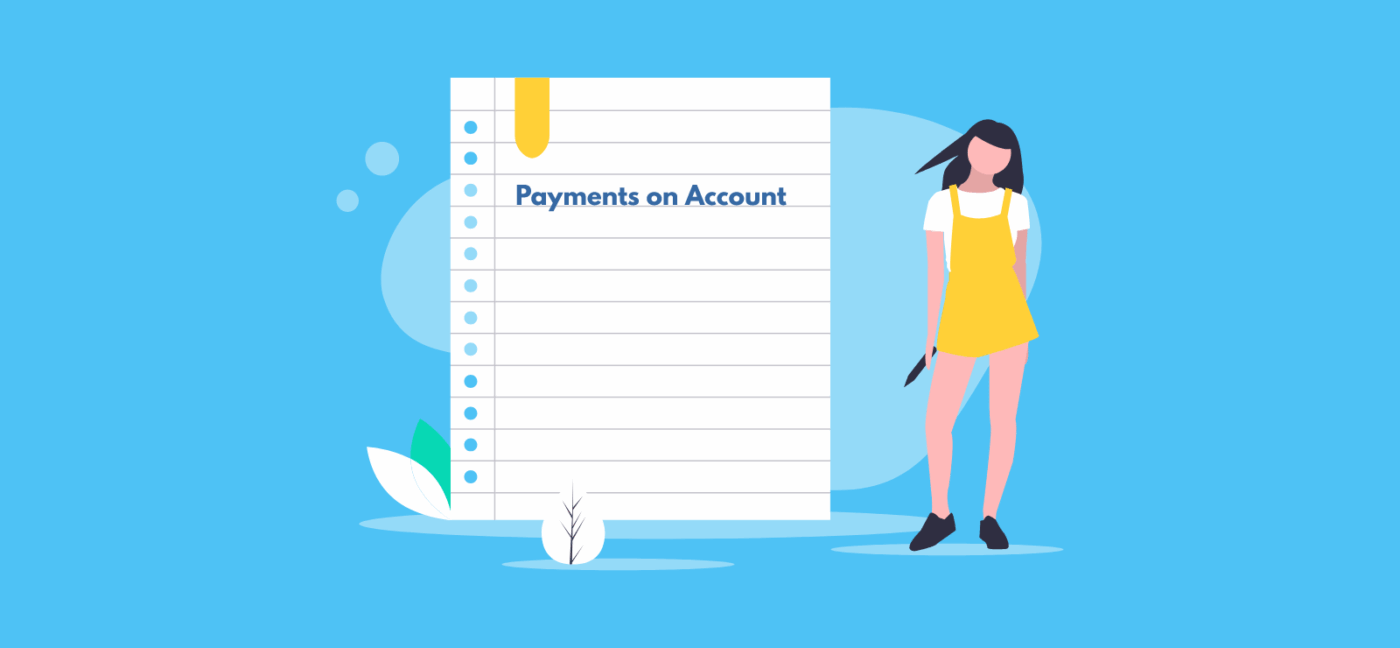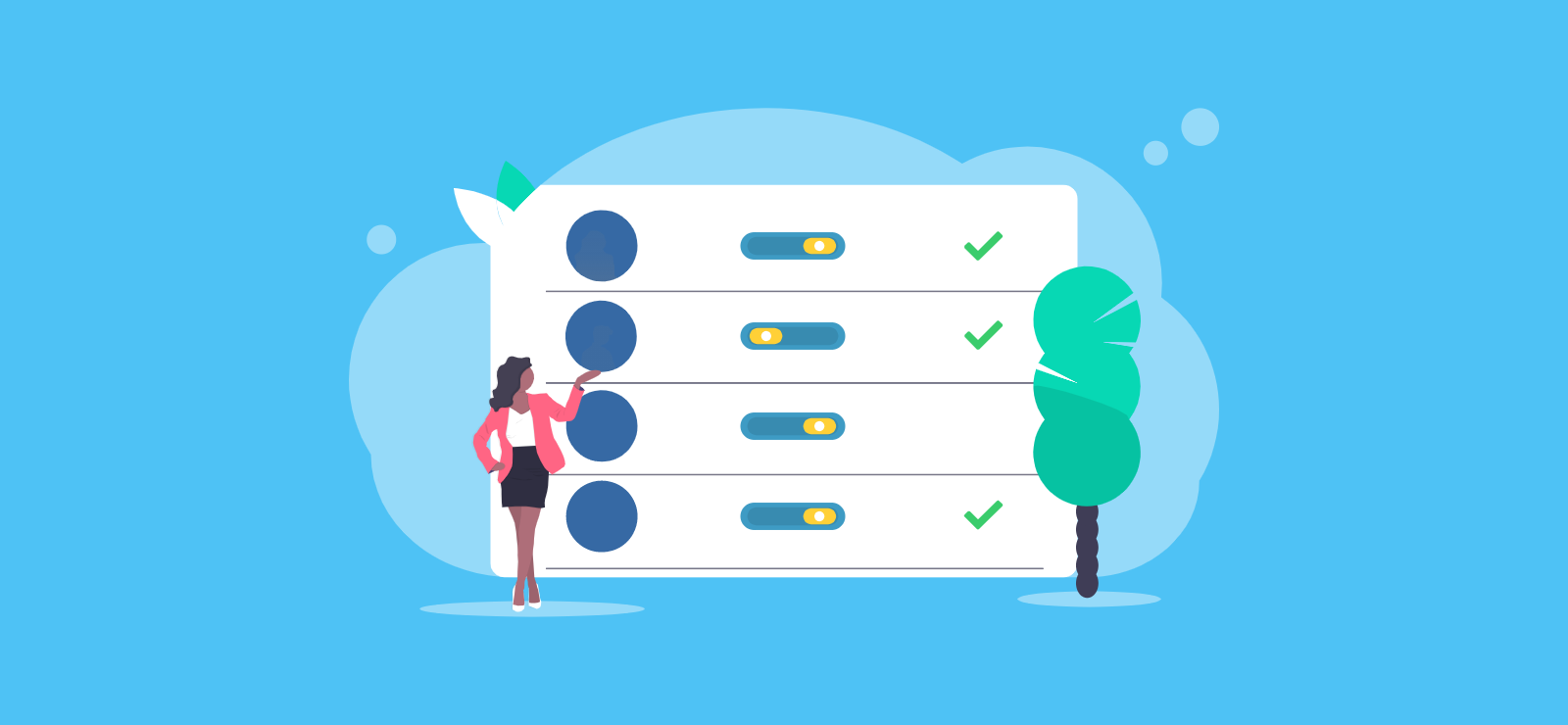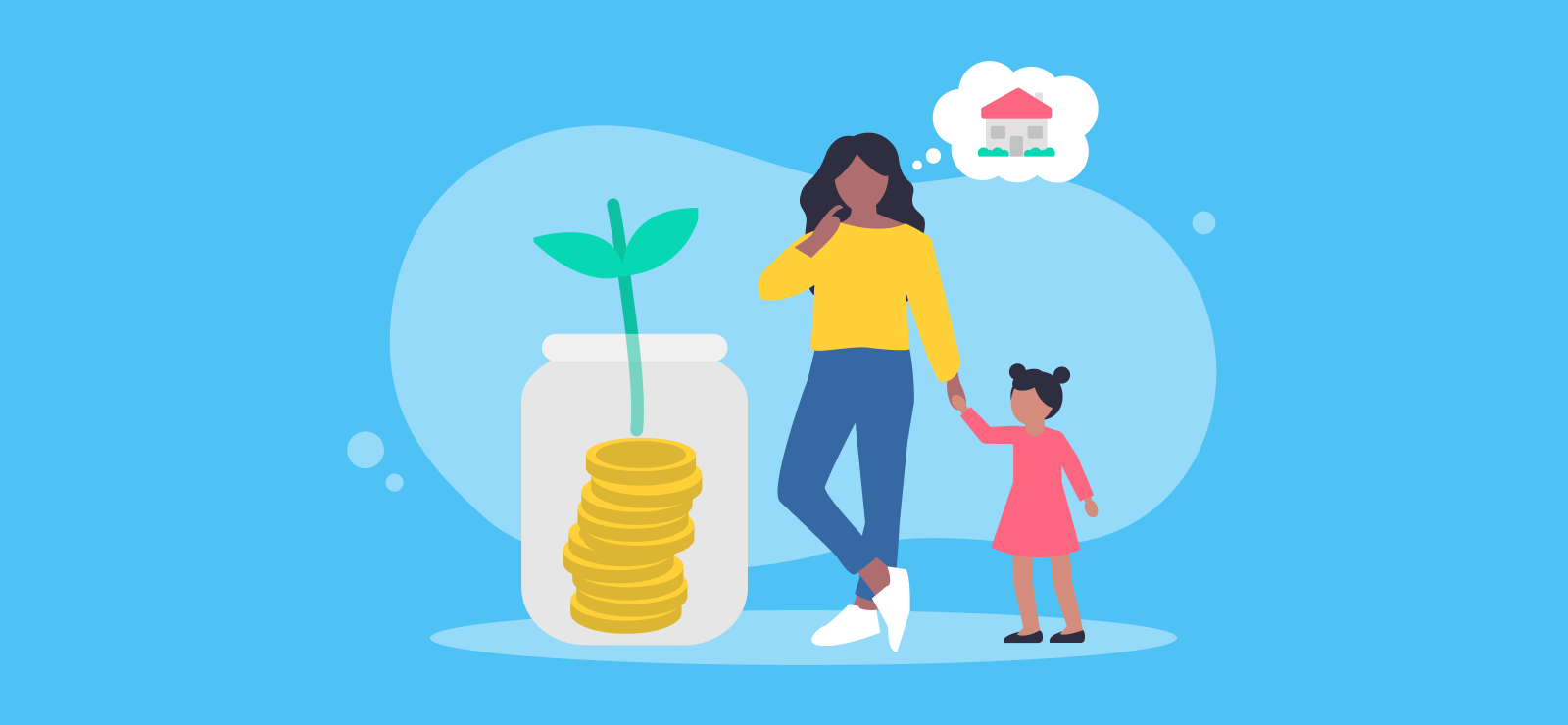

What are Payments on Account?
Payments on account are a type of advance payment that you might need to make towards your Self Assessment tax bill. In this article we explain who might need to make payments on account, and what they are.
Starting with Self Assessment
When you’re self-employed, the tax and National Insurance that you owe isn’t automatically deducted from your pay like it is with PAYE. Instead, you need to tell HMRC about what you’ve earned by filling out a Self Assessment tax return so they can calculate how much you owe. The type of National Insurance you pay on your self-employed profits is separate to any NI which you pay on earnings from an employer.
When do I need to submit my tax return?
You can submit your return once the tax year that you’re reporting on has ended (tax years run from 6th April one year until 5th April the next). The deadline to submit your return depends on whether you submit online or using a paper form:
- 31st October to send a form in the post
- 31st January to submit online (so you get a bit more time if you make online submissions)
When should I pay my Self Assessment tax bill?
The final deadline to pay the full amount that you owe through Self Assessment is 31st January, following the end of the tax year that it relates to.
For example, if you need to submit a return for the 2024/25 tax year you’ll need to submit your tax return and pay the full amount you owe by 31st January 2026.
If your tax bill is more than £1,000 though, you might need to make payments on account (which, if you’re not expecting it, can be an unpleasant surprise).
What is a payment on account?
Essentially, payments on account are advance payments that you make twice a year towards the following year’s tax bill. It means that as well as paying the bill for 2024/25, you’ll need to pay half of your expected tax bill for the 2025/26 tax year by 31st January 2026. The second half of your expected bill is due by 31st July 2026.
How do I know what next year’s expected tax bill is?
HMRC work on the assumption that next year’s bill will be exactly the same as this year’s. So, if your tax bill this year is £3,000, your first payment on account will be £1,500. It’ll get easier, but the first payment is a bit of a killer if you’re paying tax before you’ve even earned the income.
Do I need to make payments on account?
Not everyone does! You’ll need to make payments on account if:
- Your tax bill is more than £1,000
- Less than 80% of your income tax is collected through PAYE
For example
Gemma’s Self Assessment tax bill for 2024/25 is £5,000. She needs to pay this in full by 31st January 2026. Because her tax bill is more than £1,000, Gemma will also need to make payments on account towards her bill for 2025/26.
The first payment on account is 50% of what she owed for 2024/25 (50% of £5,000 is £2,500). So, before the payment deadline on 31st January 2026 she’ll need to pay:
- £5,000 for 2024/25
- £2,500 as a payment on account for 2025/26
Gemma will need to make the second payment on account for 2025/26 by midnight on 31st July 2026.
What is a balancing payment?
You’ll also see the phrase ‘balancing payment’. These are payments that you might need to make if your predicted earnings don’t match your actual earnings.
Payments on account are made on the basis of predicted earnings, and simply assume that next year’s income will be the same as this year’s. In reality your earnings are likely to fluctuate, so if your payments on account don’t cover the tax owed on your actual earnings, you’ll need to top them up with a balancing payment.
For example
Carys has made two payments on account totalling £5,000 towards the 2024/25 tax year.
When she actually submits her tax return for that year the bill comes to £6,000, so before the payment deadline on 31st January 2026 Carys will need to pay:
- A balancing payment of £1,000 for her 2024/25 tax bill
- The first payment on account towards 2025/26, which will be £3,000 (half of £6,000)
How do I make payments on account?
You can make payments on account in the same way that you normally pay your Self Assessment tax bill. There are several methods available, such as through online banking, over the phone, or even by setting up a Direct Debit.
If you sign into your Personal Tax Account you can see how much you’ve already paid, and what’s left to pay.
You can also use your account to check if HMRC have received your payment.
Can I reduce my payments on account?
Being self-employed can be unpredictable. Some years you do very well and make plenty of profit, whereas other years you earn substantially less. If you’re aware that your tax bill will be lower in the coming year than it was for the last one, you can ask HMRC to reduce your payments on account.
Be careful here though: don’t be tempted to cut your payments on account by too much. If you end up earning more than you thought, resulting in an underpayment, HMRC can charge you penalties and interest. For this reason, it may be better to overpay your tax and ask HMRC for a refund later.
If you do want to reduce your payments on account, you’ll be given the option to do this when you go online to complete your Self Assessment. Just select “Reduce Payments on Account”. Alternatively, you can download, print, and send an SA303 form to your tax office.
Will I ever not need to make two payments on account?
You don’t need to make two payments on account in the year if:
- Your tax bill is under £1,000
- You’ve already paid 80% or more of the total amount of tax you owe for the year
What if I can’t afford to make payments on account?
We strongly recommend putting money away throughout the year to cover your tax bill. Unfortunately, it’s not unusual for people to be caught out by payments on account the first time they encounter them.
After all, if you’ve never heard of them, suddenly learning that you’ll now need to pay half of next year’s tax bill when you pay this year’s bill can be a horrible shock. If you’re having genuine problems paying, you might be able to make a Time to Pay agreement with HMRC.
If you have any tax questions, our team are ready to help. Find out more about our online accounting services, get an instant online quote, or call 020 3355 4047.
Want to learn more?
Subscribe to our newsletter to get accounting tips like this right to your inbox

Read more posts...

What Type of Legal Structure Should I Choose When I Start a Business?
13th February 2026The structure you choose when you start a business affects how the business operates, the amount of tax you pay, how you…
Read More
Estate Planning for Family Investment Companies
12th February 2026If you want to pass your wealth and assets on to the next generation, a Family Investment Company (FIC) could be an…
Read More
Do Influencers Pay Tax?
11th February 2026The occupation of ‘influencer’ or ‘content creator‘ is more popular than ever, but there isn’t much information out there on how to…
Read MoreConfirm Transactions
The number of monthly transactions you have entered based on your turnover seem high. A transaction is one bookkeeping entry such as a sale, purchase, payment or receipt. Are you sure this is correct?
Please contact our sales team if you’re unsure
VAT Returns
It is unlikely you will need this service, unless you are voluntarily registered for VAT.
Are you sure this is correct?
Call us on 020 3355 4047 if you’re not sure.
MTD IT Quarterly Updates
Your final, end of year MTD Income Tax submission is included in your fee.
You can submit the quarterly updates yourself using Pandle, or alternative bookkeeping software (which we recommend).
However, if you would prefer us to submit these updates, there is an additional fee of £35.00 per month.
Call us on 020 3355 4047 if you’re not sure.
Bookkeeping
You will receive our bookkeeping software Pandle for free, as part of your package.
You can use this to complete your own bookkeeping, or we can provide a quote to complete your bookkeeping for you.
Please select and option below:
Call us on 020 3355 4047 if you’re not sure.


Thank you for the video. It’s the first time I’ve been required to make a tax payment on account and this was helpful.